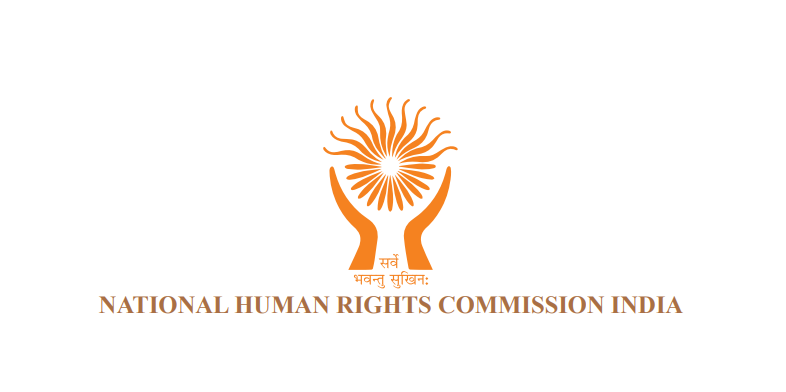1st NLSIU-NHRC National Moot Court Competition 2024-25 | January 3-5, 2025
October 4, 2024
The National Law School of India University (NLSIU) and National Human Rights Commission (NHRC) are pleased to invite applications from law colleges across India for the inaugural ‘NLS-NHRC National Moot Court Competition 2024-25’ to be held in Bengaluru. The moot is being organized by the NHRC Chair at NLSIU in collaboration with the NHRC.
The theme for this year’s moot is ‘Censorship, and Freedom of Speech and Expression under Article 19 of the Constitution of India.’ The Moot proposition is available here.
Based on memorial submissions in the qualifier rounds (November 2024), 16 teams will qualify for the final oral rounds to be held in Bengaluru in January 2025.
Eligibility
- Open to students enrolled in LLB (3-year/5-year) or LLM courses
- One team per institution
- Team members must be from the same institution
- Team Composition: 3 members per team (2 speakers and 1 researcher)
Competition Format
The moot will be conducted over five rounds:
- Qualifiers (Memorial Submission)
Teams submit two memorials for petitioner and respondent each (4000 words each)
Top 16 teams qualify for oral rounds - Preliminary Oral Rounds (Pre-quarters)
Sides determined by lot
Top 8 teams advance - Quarter-finals
Single cycle, sides determined by lot - Semi-finals
Single cycle, sides determined by lot - Finals
Single cycle, sides determined by lot
Winning team declared NLS-NHRC National Moot 2024 Champion
Announcement | Qualifying Teams for Oral Rounds
To view the list of qualifying teams for the Oral Rounds of the NLS-NHRC Moot Court Competition, click here.
Important Dates
- Problem release – October 20, 2024
- Registration deadline – October 30, 2024
- Last date to seek clarification- November 5, 2024
- Response to clarification – November 9, 2024
- Memorial submission deadline – November 25, 2024. (Memo submission link)
- Declaration of 16 qualifying teams – December 18, 2024
- Final oral rounds – January 3-5, 2025
Registration Details
Please fill the Google form available here. The registration deadline for the moot has now been extended to October 30, 2024.
Clarifications
Please find the clarifications to the moot problem here.
- Teams need not submit their memorials in order to submit the form, or any other documents at this stage. If there is any discrepancy in submitting the form, teams may write to for clarifications.
- The rulebook has now been released and can be found here. Any specific queries on this can also be directed to the above-mentioned email address.
- The procedure for memorial submission has been mentioned in the Rulebook. Registered teams will separately receive an email with regard to any specific procedures, including the email address that they will have to submit their memorials to.
- Official confirmation of registration via email along with the procedure to submit the memorials will be sent to registered teams once the new registration deadline expires only.
About the NHRC Chair at NLSIU
The NHRC Chair at NLSIU was established in 1998 to promote legal awareness and legal literacy on concerns of human rights across India through a multi-pronged approach including research, advocacy, events and competitions etc. For this goal, the NHRC Chair strives to engage with actors across a wide spectrum encompassing judicial, governmental, non-governmental institutions, as well as universities and wider civil society. In 2024, the NHRC Chair has organized a Special Lecture on Custodial Violence and the Law, as well as a national-level Alternative Judgment Writing Competition on Disability Rights for law students.
About National Human Rights Commission (NHRC)
 The NHRC is a statutory body established on 12 October 1993 under the Protection of Human Rights Act, 1993. As an autonomous entity of the Government of India, NHRC’s mission is to promote and protect human rights. NHRC plays a crucial role in upholding both constitutional and international human rights standards, ensuring that the fundamental rights of all individuals in India are respected and protected.
The NHRC is a statutory body established on 12 October 1993 under the Protection of Human Rights Act, 1993. As an autonomous entity of the Government of India, NHRC’s mission is to promote and protect human rights. NHRC plays a crucial role in upholding both constitutional and international human rights standards, ensuring that the fundamental rights of all individuals in India are respected and protected.

